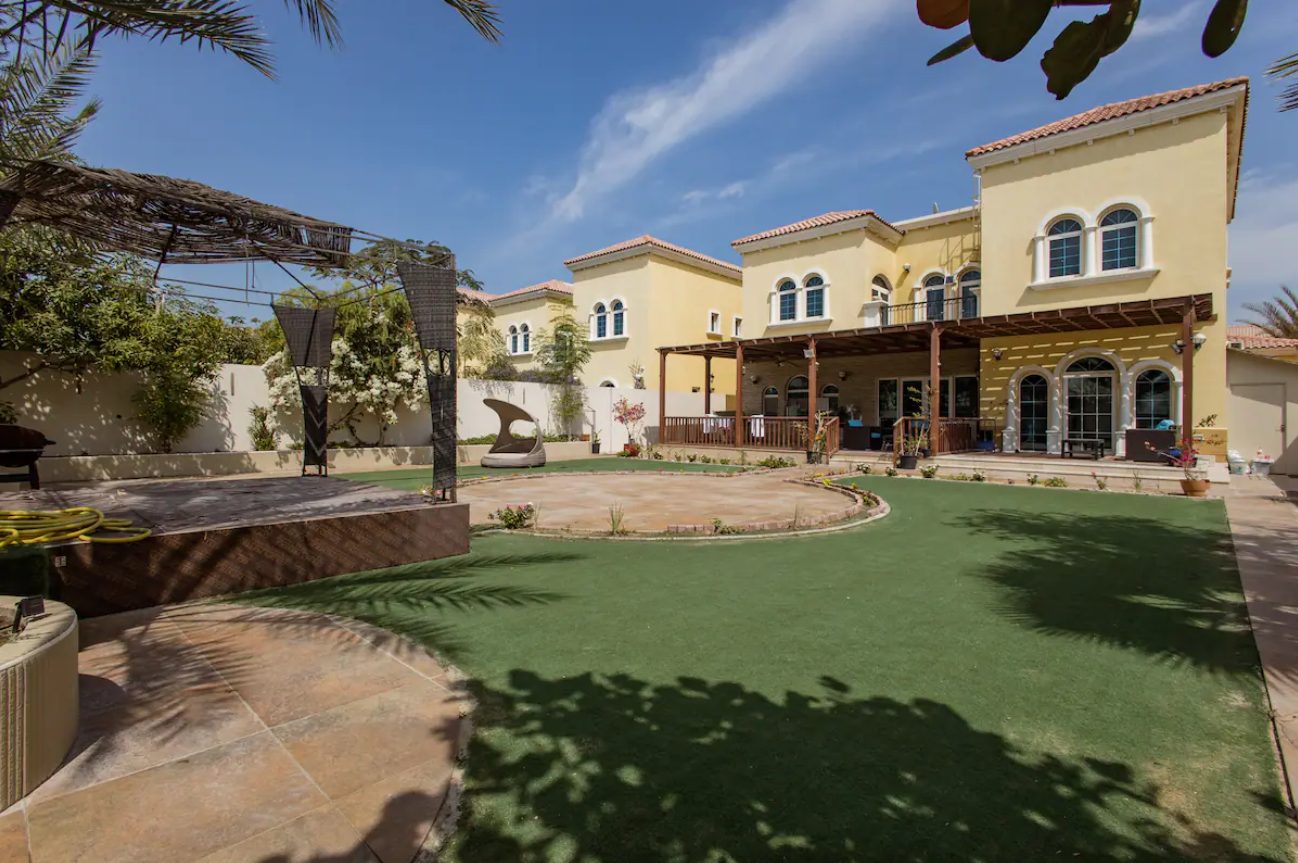Establishing an Airbnb in Dubai is a profitable prospect to capitalize on the rapidly expanding tourism and business travel industry in the city. But success requires knowing how to navigate the legal and regulatory environment. This article gives you a thorough rundown of all the rules and laws you must go by in order to launch and run an Airbnb in Dubai.
1. Comprehending the Law Framework
Dubai’s clear-cut laws governing short-term rentals provide a secure and controlled atmosphere for both hosts and visitors. The Dubai Department of Tourism and Commerce Marketing (DTCM) is the main regulatory agency in charge of managing short-term rentals in Dubai.
Read this also: Optimizing Revenue: Guidance for Managing a Fruitful Airbnb in Dubai’s Top Spots
2. Getting the Licenses and Permits Required
You need to have a vacation home license from DTCM in order to run an Airbnb in Dubai lawfully. The actions involved are as follows:
A. Registration of Property:
Make sure your vacation home satisfies the requirements set forth by the DTCM.
In order to register your property with DTCM, you must provide the required paperwork, such as an ownership certificate or, if you’re renting the property, a No Objection Certificate (NOC) from the landlord.
b. Request for License:
Apply for a license to operate a vacation home via the DTCM website or approved service providers.
Depending on the kind and size of the property, there are different costs that must be paid.
Read this also: Optimizing Revenue: Guidance for Managing a Fruitful Airbnb in Dubai’s Top Spots
c. Verification and Acceptance:
Your property will be inspected by the DTCM to make sure it satisfies the necessary requirements.
Your license for a vacation home will be issued to you upon approval; it needs to be renewed every year.
3. Adherence to Taxes and Fees
Running an Airbnb in Dubai entails paying numerous taxes and fees:
Tourism Dirham Charge:
The Tourism Dirham fee is a nightly charge that hosts are required to collect from their visitors. The sum varies according to the size and classification of the property.
The Dubai government must receive a monthly payment for this fee.
Read this also: Dubai’s Airbnb Business Real Estate: Forecasts for 2024 and Step-by-Step Guide to Getting Started
b. Income Tax:
At the moment, Dubai does not impose personal income tax. It is imperative to maintain precise documentation of your earnings and outlays in case of any upcoming tax liabilities or examinations.
4. Fulfilling Quality and Safety Requirements
To guarantee that visitors have a pleasurable and secure stay, the DTCM has set the following quality and safety standards:
Safety prerequisites:
Install fire extinguishers, first aid kits, and smoke detectors on your premises.
Make sure all appliances and electrical installations are secure and kept up to date.
Read this also: Smart Homes in Dubai: 2024 Trends and Innovations
c. Criteria for Quality:
Provide upscale furniture and facilities, such as hygienic towels, toiletries, and cooking equipment.
Make sure the property is kept in top shape by doing routine upkeep and cleaning.
5. Formulating Explicit House Rules and Regulations
Make sure all procedures are understood and followed by creating explicit house rules and regulations. Add information like this:
Time slots for checking in and out.
upper bounds on occupancy.
Neighborhood rules and noise limits.
Policies regarding parties, dogs, and smoking.
6. Handling Typical Legal Obstacles
Legal issues can arise when running an Airbnb. Here’s how to deal with a few such problems:
Read this also: Dubai Real Estate Market Post-Pandemic Recovery
Assertions from Neighbors:
By telling your neighbors about your short-term rental business and quickly resolving any issues, you can keep your neighbors happy.
To stop disturbances, establish and enforce stringent home rules.
b. Problems with Guests:
To reduce the possibility of misbehavior or harm, thoroughly screen visitors.
Establish a defined procedure for addressing grievances and problems raised by visitors.
7. Keeping abreast of regulatory modifications
The regulatory environment in Dubai is subject to change, thus it’s critical to be informed:
Check for updates on a regular basis from DTCM and other pertinent authorities.
Become a member of regional groups or host communities to keep up with business news and best practices.
8. Making Use of Expert Services
Take into account using expert services to assist with managing your Airbnb:
a. Companies that manage properties:
These businesses may take care of everything, including maintaining and cleaning facilities as well as visitor relations and regulatory compliance.
b. Advisors on law and taxes:
Seek advice from tax and legal professionals to make sure your company abides by all applicable local rules and ordinances.
In summary
Navigating the legal and regulatory regulations carefully is necessary when starting an Airbnb in Dubai. You may legally and profitably run an Airbnb business in Dubai by securing the required permits, paying taxes and fees, upholding safety and quality standards, and keeping abreast of any changes to the law. You can assure a seamless and legal operation and build a solid foundation for your short-term rental business by following this instructions.





